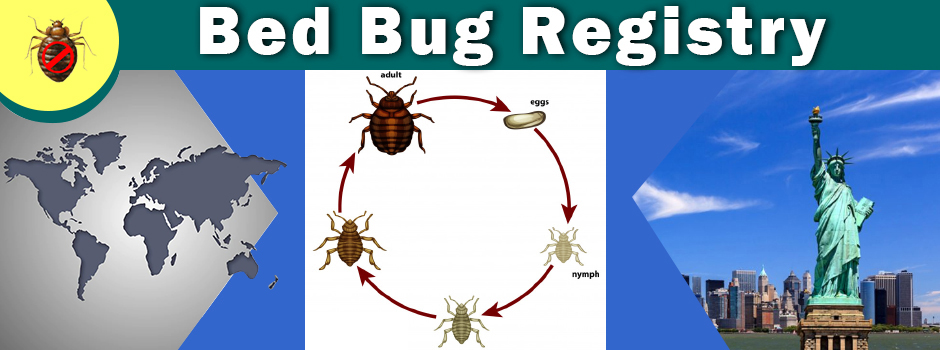CDC A bed bug (Cimex lectularius)
It was previously thought that Chagas disease, which kills an estimated 50,000 people per year, was exclusively carried by an insect called the kissing bug. But new research shows that bedbugs can also spread the disease, at least among mice.
University of Pennsylvania epidemiologist Michael Levy says hes worried that bedbugs could distribute the parasitic disease among people, although there is no proof yet that this is happening.
Chagas disease is caused by a parasitic protozoan called Trypanosoma cruzi that slowly attacks internal organs like the heart. At first, it has very few outward signs. Then, about 20 years after infection, some 20 percent of infected people develop very serious problems, including arrhythmias and even sudden death from cardiac arrest, Levy tells Newsweek.
Due to this time lag and lack of recognition, Chagas disease has become a silent epidemicits the most deadly parasite in the Americas, but the public doesnt know anything about it, Levy says.
The parasite is spread by kissing (or assassin) bugs, which generally feed at night and go for uncovered areas like the face, often around the eyes or lips. These insects dont directly spread the disease through their bite, but rather through feces; the protozoan can be transmitted when their waste is spread into wounds via scratching, or by entering the body through the eyes or mouth, Levy says.
Luckily, kissing bugs cannot generally get to humans at night if they live in well-made buildings. Thats one reason why Chagas disease transmission isnt a significant problem in the U.S.the few cases seen in the States are mostly brought in by travelers returning from Latin America.
In the past few years, however, bedbug populations have skyrocketed in the U.S. If these insects could spread the disease, and, says Levy, it would be a disaster. If Chagas starts to spread, we wouldn't know it, due to the slow nature of the disease.
In a studypublished this week in the American Journal of Tropical Medicine and Hygiene, researchers showed that bedbugs can become infected after feeding on diseased mice. They also found in another experiment that protozoa-carrying bedbugs can pass on the parasite to mice.
Since the protozoa infects many mammals, including mice and humans, theres no reason to think bedbugs couldnt spread the disease among people too, Levy says, although he concedes there may be some as-yet-unknown reason why bedbugs couldnt transmit the disease.
Read more:
Bedbugs Could Spread Deadly, Heart-Damaging Chagas Disease

 Residence
Residence  Location
Location 










